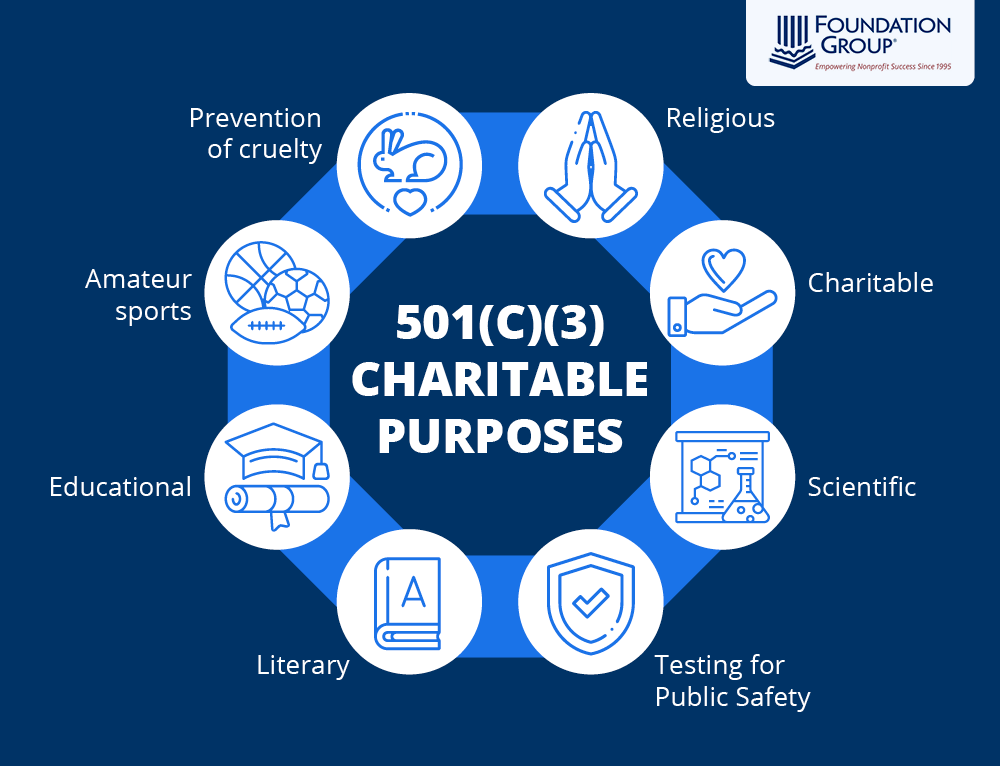In my British experience it's very locale-dependent. And depending on what the local crowd thinks "religion" is (it all is, but, you know).I wasn't here a generation ago, but I think so, yes?
For example I'm in a place that's had a church since forever. It's used so much it's a part of the local events scene even if you're not religious. They still teach Christian lessons and parables at the primary (elementary) school.
It's very much going nowhere given the dynamics of how relatively secluded this place is. Meanwhile the city down the road I spent nearly a decade in is very much less so overtly one religion, despite housing a lot of religious communities.

